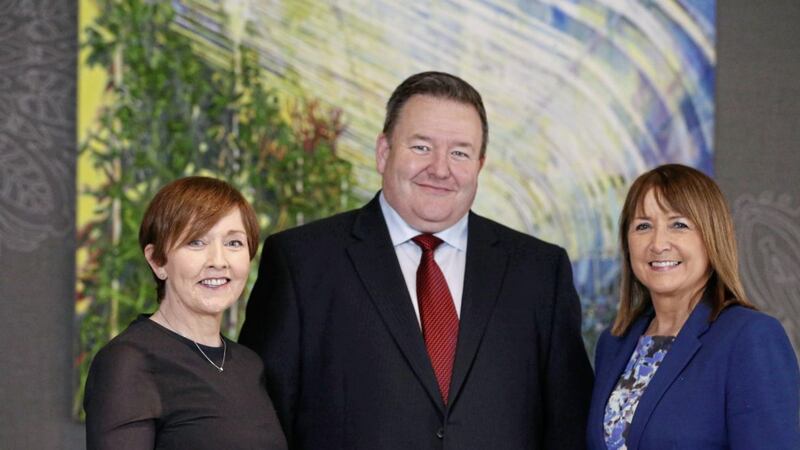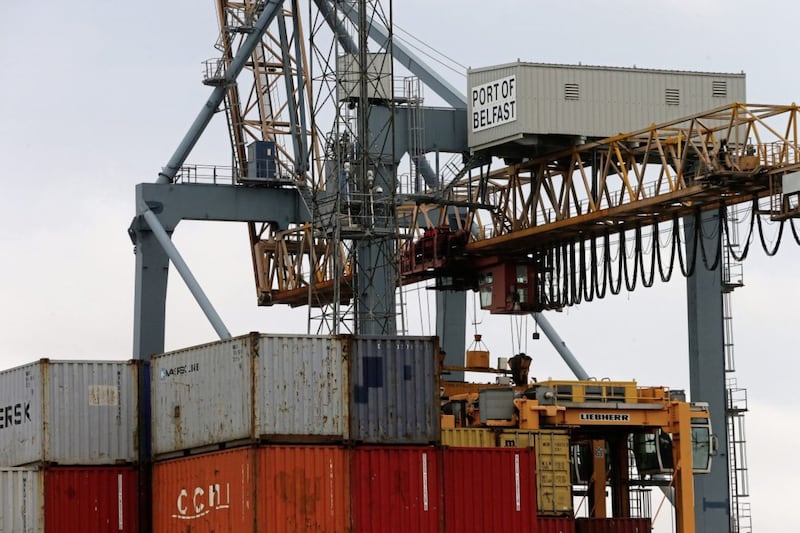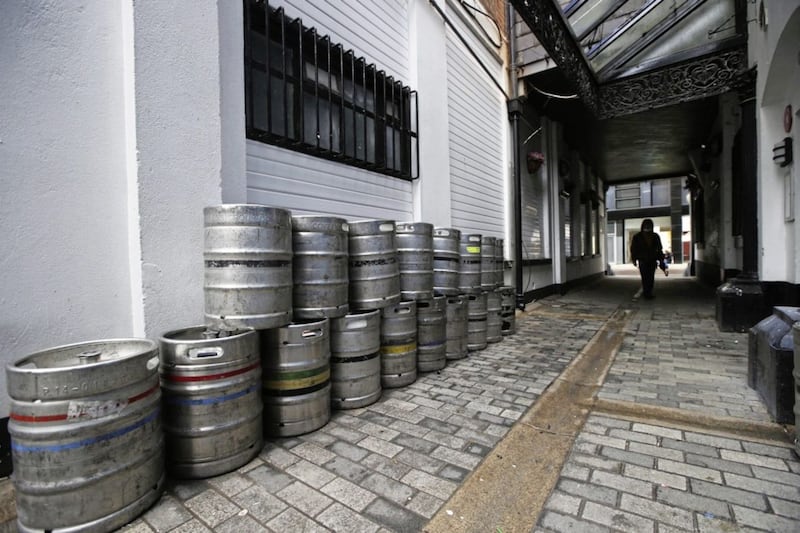ALMOST half of Northern Ireland manufacturers have said they plan to raise prices in the next three months due to spiralling costs according to the latest research.
The Quarterly Economic Survey published by the Northern Ireland Chamber of Commerce with business advisers BDO has revealed that the north has the highest proportion of manufacturers in the UK (49 per cent) who are expecting to raise consumer prices, while 40 per cent of those in the services industry are also planning such a move due to the unprecedented pressure on costs
The report, which covers July, August and September shows that overall the Northern Ireland economy continued to grow during the quarter, although there were some signs of growth softening, despite a strong performance in export markets.
Almost all key balances remained positive during the past three months, with more businesses in manufacturing and services reporting increases in indicators such as sales, exports and employment than those reporting a fall. In particular manufacturing had one of the strongest export balances across the 12 UK regions, but was let down by domestic sales and orders, which were the weakest comparably.
Brexit remains a significant concern for respondents, with the latest research focusing on the role of workers from outside the UK and Ireland. Almost one in two members said EU workers are "very important" and of those who have tried to recruit EU migrant workers (14 per cent) in the last three months, two thirds (67 per cent) found the process more difficult than before the landmark vote last year. One in four businesses (23 per cent) further outlined difficulties in the retention of EU workers.
Other key findings from the survey highlight disquiet over the exchange rate and an alarming skills shortage. A total of 58 per cent of members said that exchange rates were more of a concern than three months ago, compared to just one in five two years ago, while a startling 72 per cent of manufacturers and 68 per cent said they have had difficulties finding staff with the required skills, with larger firms more acutely affected.
However, in spite of concerns raised in both sectors business confidence in both manufacturing and services remains relatively positive, with more businesses expecting turnover to improve over the 12 months than fall.
Chief executive of the Northern Ireland Chamber, Ann McGregor described the latest figures as "uninspiring", noting that political uncertainty, the Brexit negotiations and currency fluctuation continues to weigh heavily on business growth prospects.
“The slump in sterling is pushing up sourcing costs for importers. Businesses are coming under increasing pressure to pass these costs onto customers at a time when their spending power is already squeezed."
“However, sterling’s weakness does have its benefits and we are seeing this in the competitive boost it has given our exporters, both in manufacturing and services," she said.
The chief executive further re-iterated calls for the restoration of the Stormont Executive.
Brian Murphy, managing partner of BDO Northern Ireland added that the survey results were not unexpected.
"The next few months may see rising prices and a squeeze on some sectors, but despite the challenges we remain well placed to ride out the turbulence.”








